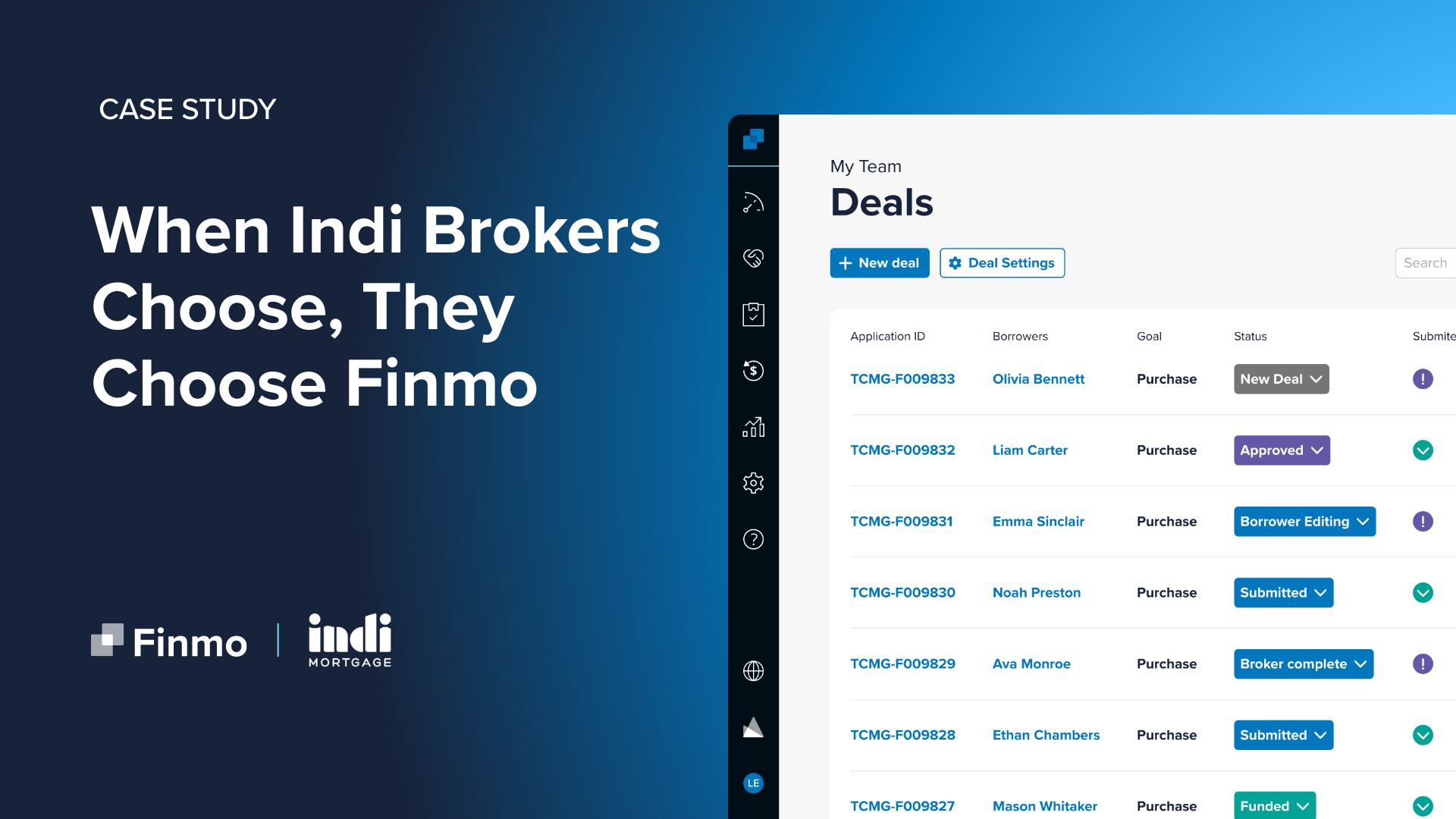
It’s a home buyer’s worst nightmare: They’ve won a fraught bidding war in an increasingly popular neighbourhood. Each house on the respective street has sold for more than the last, and the buyer has gone over budget – dropping all financing and inspection conditions – to get ahead. When it comes time to finance their purchase, though, the home’s appraisal doesn’t match its inflated purchase price. The lender won’t fund the full amount, and the buyers are on the hook for the difference.
Hot Markets Outpacing Housing Data
It’s an unfortunate, but increasingly common, situation in Canada’s hottest housing markets says Zoocasa Realty agent Carlos Moniz, especially in regions that have experienced double-digit price growth, like Ontario’s Golden Horseshoe and the Vancouver real estate market. While buying agents have real-time access to prices, “comparable solds” data utilized by lenders and insurers can be quickly outpaced by the latest bidding war.
“Prices change so quickly that when appraisers are looking at the properties, they’re not as up-to-date on the market as we are,” he says. “They might be pulling sales from two to three months ago, while we’re looking at sales from the same week.”
Mike Bricknell, mortgage broker at CanWise Financial, affirms there is a lag in the data. “The appraisers do not have access to the near future closing prices, which the realtors do. Two weeks is a realistic timeframe for the properties sold and closed,” he says.
Borrowers May Not Realize Funding Limitations
Bricknell adds that it’s important for borrowers to be aware of this potential financing pitfall, especially if they’ve strained their budget. They may also not realize their options are limited to either gifted funds from an immediate family member, or from their own personal finances.
“If you decide to enter a live offer, and it gets accepted and you do not end up qualifying for a large enough mortgage amount, then you will definitely need a gifted down payment for the difference. In Ontario, you cannot borrow money for a down payment under high-ratio insurance guidelines,” Bricknell says, adding such clients may need to turn to B financing options. “There are ‘bundle’ packages available where a lender would recommend financing up to a 20 per cent down payment, and then the lender would lend on the remaining 80 per cent,” he says. “This method could be more costly – but it is available.”
Higher Stakes for High-Ratio Borrowers
The issue is even more pronounced for unconventional borrowers; not only have they less room to manoeuvre financially, but mortgages that require insurer approval could be subject to an even greater disparity in appraisal data. “The service that the high-ratio insurers (CMHC, Genworth, Canada Guaranty) use tend to lag by a month or so, which could stop a deal in its tracks,” Bricknell says.
Buyers who find themselves in such a situation don’t just face a scramble for the remaining funds, but potentially a legal bind if their offer was firm.
Due to this, it’s more important than ever for buyers to safeguard their deals against this risk with financing conditions, Bricknell says. “The best position to be in, especially when you are paying a less-than-20-per-cent down payment and are under the guidelines of a high-ratio insurer, is to have a condition on financing placed on your offer to purchase for at least 10 days,” he says. “This allows time for the high ratio insurer to conduct their internal appraisal report and discuss their finding with the lender, and then the mortgage broker.”
Competition Means No Room for Conditions
The challenge, Moniz counters, is there isn’t room for conditions in today’s hot markets. “It’s so competitive that you can’t go in with conditions,” he says. “You’re usually getting the home inspection from the seller, and if not, people are having to go in blind. It’s the same with the financing… Brokers and banks always tell their clients, ‘make sure you put a financing condition in’, but the reality is, they’ll never get a place.
“The scary part is people who are just barely able to get into the market. They may have 5% down, they were pre-approved for what they wanted and were going for the top of their budget… and now they’re scrambling to find financing and the mortgage broker is telling them, ‘You just need to come up with another $19,000.’ Well people don’t just have that under their mattress.”
Adjust Expectations
The bottom line: Brokers and agents must ensure prospective buyers understand the financing risks associated with buying an overheated property – and be willing to adjust their real estate expectations if it means padding their budget in case financing falls through.


